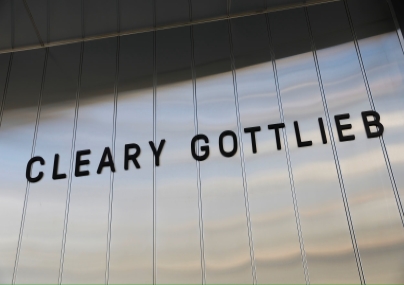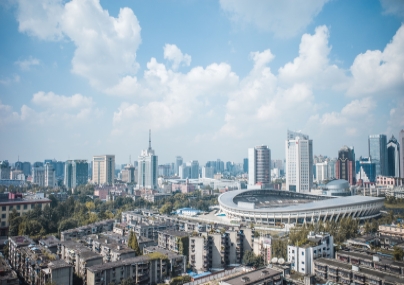The Indonesian-Chinese consortium building a high-speed rail link between the capital Jakarta and the textiles hub of Bandung expects to earn $18 billion developing satellite towns and industrial centres along the line, a company official said.
The rail project, part of Beijing’s Belt and Road Initiative (BRI) to connect China with Asia, Europe and beyond was described last month by China’s ambassador to Indonesia, Xiao Qian, as “the first high-speed rail of Southeast Asia”.
After nearly three years of delays over land ownership disputes, construction on the rail line, which is financed principally by a $4.5 billion loan from China’s Development Bank, finally kicked into gear in 2018.
The chief executive of Wikya Kayra, which heads the Indonesian side of what is the most high-profile of several Belt and Road projects in Indonesia, said that the state-owned construction firm expects to book 266 trillion rupiah ($18.7 billion) from four transit-related developments by 2070.
The Indonesian side, which also includes state rail company KAI, owns 60 percent while the Chinese, led by the China Railway Engineering Corporation, holds the rest.
Wikya Kayra CEO Tumiyana - who uses only one name - said that 15 percent of the line has been completed, with 60 percent to be finished by the end of 2019.
Analysts say the plan to develop four new towns and industrial centres mimics China’s own approach to high-speed rail development.
“This seems like it’s copying the general model of China’s urban development - if you build it, they will come,” said Nick Marro, a China analyst at the Economic Intelligence Unit.
One of the sites previously visited by Reuters on an old tea plantation is due to be transformed into a sleek 5,000-hectare city with high-rise blocks and the campus of a new university.
Indonesian and Chinese officials say the project’s success will be a gauge for future infrastructure cooperation.
A spokesman for the Chinese Ministry of Foreign Affairs told Reuters “it’s a major project for the mutual benefit and cooperation between China and Indonesia and helps promote local economic and social development”.
Indonesian vice-president Yusuf Kalla recently headed a delegation to China’s BRI forum, where it pitched to Chinese companies for up to $91 billion of infrastructure projects.
Jakarta insists on a business-to-business structure for all potential BRI deals instead of China’s traditional government-to-government loan format, which has limited the amount of overall projects.


